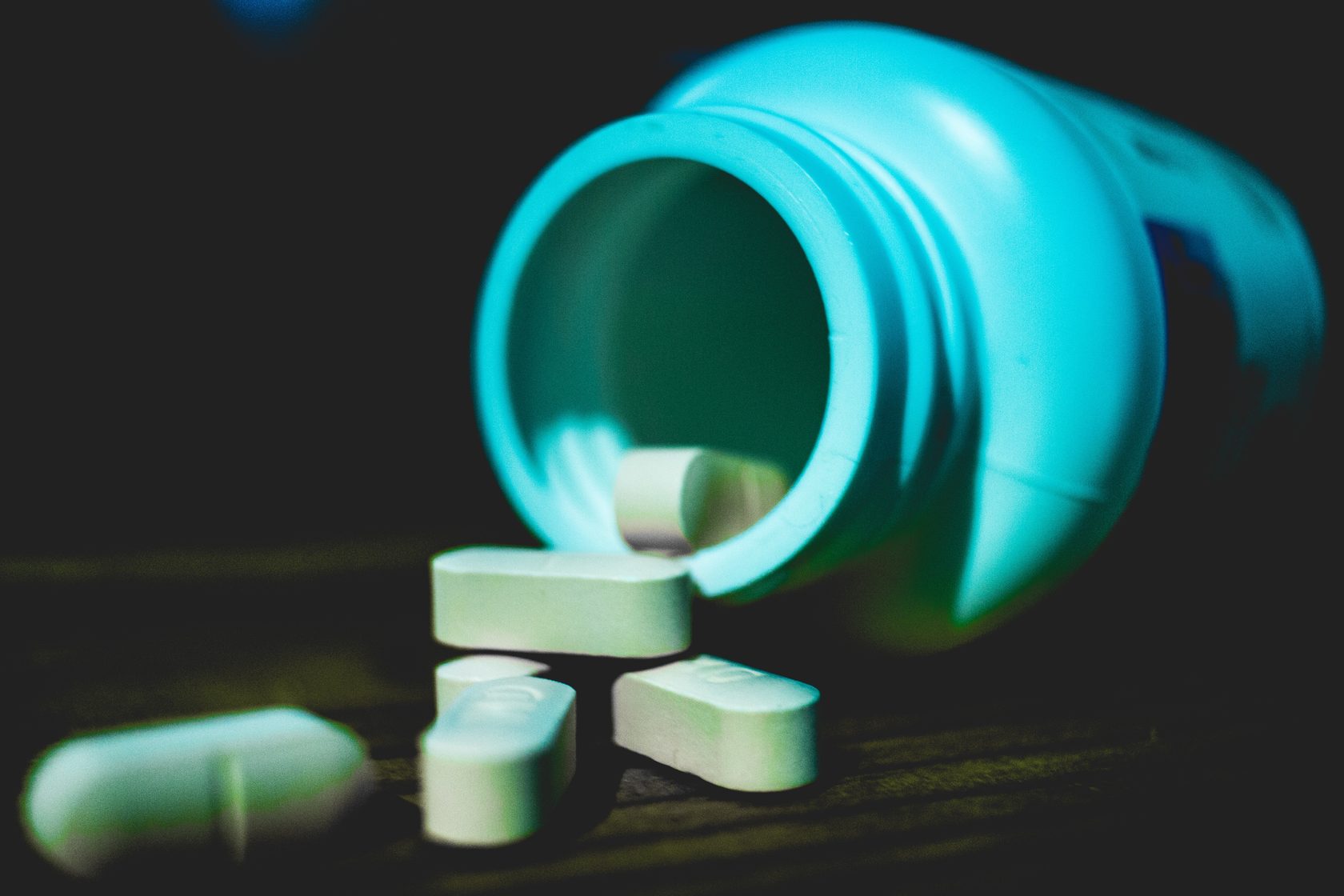
Don't hesitate to contact
We are looking forward to justify your confidence
You will receive a letter on the specified e-mail
Information book AHSCT AID -TI
An Innovative technology:
High-Dose Immunosuppressive Therapy
+
Autologous
Hematopoietic Stem Cell Transplantation
High-Dose Immunosuppressive Therapy
+
Autologous
Hematopoietic Stem Cell Transplantation
(AHSCT)
AHSCT is a type of transplantation that uses the person's own stem cells particularly from peripheral blood.
These cells are collected in advance, stored at sub-zero temperatures, and returned at a later stage, after high dose chemotherapy or immunosupressive therapy.
This approach can stop the progression of the disease in most patients and prevent further decrease of their quality of life.
These cells are collected in advance, stored at sub-zero temperatures, and returned at a later stage, after high dose chemotherapy or immunosupressive therapy.
This approach can stop the progression of the disease in most patients and prevent further decrease of their quality of life.
What is Autologous Hematopoietic Stem Cell Transplantation?
This is an established treatment for more than 3 decades and clinically approved for hematological malignancies (such as lymphoma, leukemia).
Due to haemopoietic stem cell transplantation, the majority of the patients suffering from tumor blood diseases, who earlier were condemned to rapid death, obtained significant chances for recovery.
As fundamental investigations have shown, the cause for development of autoimmune diseases is impairment of the cells of the immune system.
Due to haemopoietic stem cell transplantation, the majority of the patients suffering from tumor blood diseases, who earlier were condemned to rapid death, obtained significant chances for recovery.
As fundamental investigations have shown, the cause for development of autoimmune diseases is impairment of the cells of the immune system.
Therapy is clinically approved
Autologous hematopoietic stem cell transplantation has nothing to do with the so called "cell therapy" approaches that are popular in Russia nowadays.
Multiple sclerosis patients do not need any maintenance therapy after transplantation.
It was shown that transplantation procedure was well tolerated by the patients.
The core results of this study are presented below.
Multiple sclerosis patients do not need any maintenance therapy after transplantation.
It was shown that transplantation procedure was well tolerated by the patients.
The core results of this study are presented below.
Do not need any maintenance therapy after transplantation
Improvement was shown at long-term follow-up
AHSCT c effective for patients in both groups with (RRMS)
and for patients with progressive course disease(PrMS).
AHSCT c effective for patients in both groups with (RRMS)
and for patients with progressive course disease(PrMS).
80%
MS
Event-free survival rate
75%
PrMS
Event-free survival rate
95%
RRMS
Event-free survival rate
This procedure intends to eradicate autoreactive immune cells in patient's body, which destroy healthy tissues of the patients and may lead to development of autoimmune diseases.
Chemotherapy dose for this procedure is less than in the established protocol for patients who have lymphoma or leukemia.
The use of less intensive conditioning regimens is supported by the suggestion that AHSCT is not only immunosuppressive therapy, but also may have immunomodulation component.
Moderate intensity and less toxic regimen may induce durable long-term remission, comparable with the high intensity regimens, but without being associated with the higher transplant-related mortality.
Chemotherapy dose for this procedure is less than in the established protocol for patients who have lymphoma or leukemia.
The use of less intensive conditioning regimens is supported by the suggestion that AHSCT is not only immunosuppressive therapy, but also may have immunomodulation component.
Moderate intensity and less toxic regimen may induce durable long-term remission, comparable with the high intensity regimens, but without being associated with the higher transplant-related mortality.
Lymphoablative Conditioning
We suggest, that the best candidates for transplantation is relatively young patients with active inflammatory lesions of relatively short duration and rapidly progressive disease, but still low disability scores, resistant to conventional therapy.
Cumulative incidence of disease progression was quite low both for RRMS and PrMS. It was higher in patients with progressive course of the disease than in those with relapsing-remitting MS: 21.3% vs 13.2%
For long-term follow-up (median 48.9 months), in the group with RRMS event-free survival rate was 83.3% and in the group with progressive course – 75.5%.
Cumulative incidence of disease progression was quite low both for RRMS and PrMS. It was higher in patients with progressive course of the disease than in those with relapsing-remitting MS: 21.3% vs 13.2%
For long-term follow-up (median 48.9 months), in the group with RRMS event-free survival rate was 83.3% and in the group with progressive course – 75.5%.
before the treatment
ELIGIBILITY CRITERIA
(AHSCT)
CRITERIA
ELIGIBILITY
Inclusion Criteria

- Age 16 – 70.
- Absence of severe chronic infections.
- Negative serology HBV, HCV, HIV.
- Absence of mental and cognitive deficits and ability to provide informed consent.
- Absence of gross cognitive disturbances.
- Absence of severe concomitant diseases.
Systemic autoimmune diseases:
- Diagnosed Multiple Sclerosis with EDSS between 1.5 and 6.5 (documented progression/relapses over the previous year, with or without gadolinium-enhancing lesions).
- Chronic Inflammatory Demyelinating Polyneuropathy (CIDP).
- Severe systemic vasculitis.
- Systemic lupus erythematosus.
- Systemic sclerosis.
- Chrohn's disease.
- Other severe systemic autoimmune conditions, including connective tissue diseases
Adequate organ function:
- Cardiac LV Ejection Fraction >45%
- Total Lung capacity > 60%
- Pulmonary artery pressure < 45 mmHg.
- DLCO/VA>50%
Exclusion Criteria

Any condition that affects normal functions of organs such as heart, kidneys, lung, liver etc.
- As this would limit your ability to receive high-dose chemotherapy immunosuppressive therapy with AHSCT.
- Any active or long term infection caused by viruses, fungi or bacteria.
- Uncontrolled diabetes.
- A positive test for HIV, Hepatitis B and Hepatitis C.
- Life expectancy is severely limited by another illness.
- Evidence myelodysplasia or other non-autoimmune cytopenia.
- Having received a cytotoxic agent within one month prior to AHSCT.
- Pregnancy or at risk of pregnancy, including those unwilling to practice active contraception during the time of therapy.
- Psychiatric illness, mental deficiency, or gross cognitive dysfunction.
- Unability to give written informed consent in accordance with research ethics board guidelines.
- High disability level in MS patients (EDSS>6.5) and/or stable non-active disease during the last 2 years
Information book AHSCT AID -TI
PREPARATION
BEFORE
BEFORE
(AHSCT)
You should treat all types of infections before AHSCT (urine tract infection, oral cavity, dental etc.)
You should keep using all symptomatic medications (pain medicine, Fampyra, LDN, antidepressants) or medications for treatment comorbidities (high blood pressure, anticoagulants, diabetes treatment etc.).
If you take steroids (prednisolone, dexamethasone, methylprednisolone) – keep using it.
In spite of low risk of infertility (3-5% after lymphoablative protocol), we recommend to preserve sperm or embryo before AHSCT.
You should keep using all symptomatic medications (pain medicine, Fampyra, LDN, antidepressants) or medications for treatment comorbidities (high blood pressure, anticoagulants, diabetes treatment etc.).
If you take steroids (prednisolone, dexamethasone, methylprednisolone) – keep using it.
In spite of low risk of infertility (3-5% after lymphoablative protocol), we recommend to preserve sperm or embryo before AHSCT.
Patient should stop taking immunomodulating
drugs in 3-6 months before admission
(depending on variant of medication)
drugs in 3-6 months before admission
(depending on variant of medication)
- Natalizumab (Tysabri)
- Fingolimod (Gilenya)
- Dimethyl fumarate (Tecfidera)
- Interferon beta-1a (Avonex) (Rebif)
- Interferon beta-1b (Betaseron, Extavia)
- Glatiramer acetate (Copaxone)
- Laquinimod (Nerventra)
- Ibudilast (MN-166)
- Mycophenolata Mofetil (CellCept)
- Medications cancellation list (3 months before AHSCT)

the FINAL decision
PRE-TRANSPLANT
EXAMINATION
EXAMINATION
(AHSCT)
NATIONAL
MEDICAL-SURGICAL CENTER
MEDICAL-SURGICAL CENTER
DEPARTMENT OF HEMATOLOGY AND CELLULAR THERAPY
ABOUT MEDICAL INSTITUTION
Pirogov Center is a multidisciplinary medical, scientific and educational institution that provides high-quality medical care based on the use of modern high-tech methods of diagnosis, treatment, rehabilitation and prevention.
Pirogov Center provides its patients with a unique opportunity to solve most health problems in one institution, using, above all, a comprehensive approach to the treatment of diseases and the well-established interaction of highly qualified specialists of various profiles.
Pirogov Center is represented by almost all the main specialties of medical science.
Modern equipment of leading Russian and Western manufacturers, the latest treatment technologies developed and patented by the specialists of the Center, allow regular operations that were recently considered unique in the world medical practice.
The desire to improve the medical art, create a high scientific potential, strengthen the theoretical and clinical foundation — these are the basic principles of the work of the Pirogov Center.
- "We carefully weigh risk and benefits of transplantation in every individual case. Detailed examination always precedes the final decision about the appropriateness of high-dose immunosuppressive therapy with hematopoietic stem cell transplantation."
Pirogov Center provides its patients with a unique opportunity to solve most health problems in one institution, using, above all, a comprehensive approach to the treatment of diseases and the well-established interaction of highly qualified specialists of various profiles.
Pirogov Center is represented by almost all the main specialties of medical science.
Modern equipment of leading Russian and Western manufacturers, the latest treatment technologies developed and patented by the specialists of the Center, allow regular operations that were recently considered unique in the world medical practice.
The desire to improve the medical art, create a high scientific potential, strengthen the theoretical and clinical foundation — these are the basic principles of the work of the Pirogov Center.
- "We carefully weigh risk and benefits of transplantation in every individual case. Detailed examination always precedes the final decision about the appropriateness of high-dose immunosuppressive therapy with hematopoietic stem cell transplantation."
List of Medical Tests
- Full blood count
- Biochemistry screening
- Bacterial and virus screening
- Urine test
- Coagulation tests
- Chest X-ray
- Sinuses X-ray
- Spirograma
- ECG
- Ultrasound examination of abdomen, kidneys, pelvis (women)
- Heart ultrasound MRI examination – brain, cervix, thorax spine with Gadolinium - for MS and CIDP
- Examination by ophthalmologist (in case of necessary)
- Ultrasonic Doppler study



